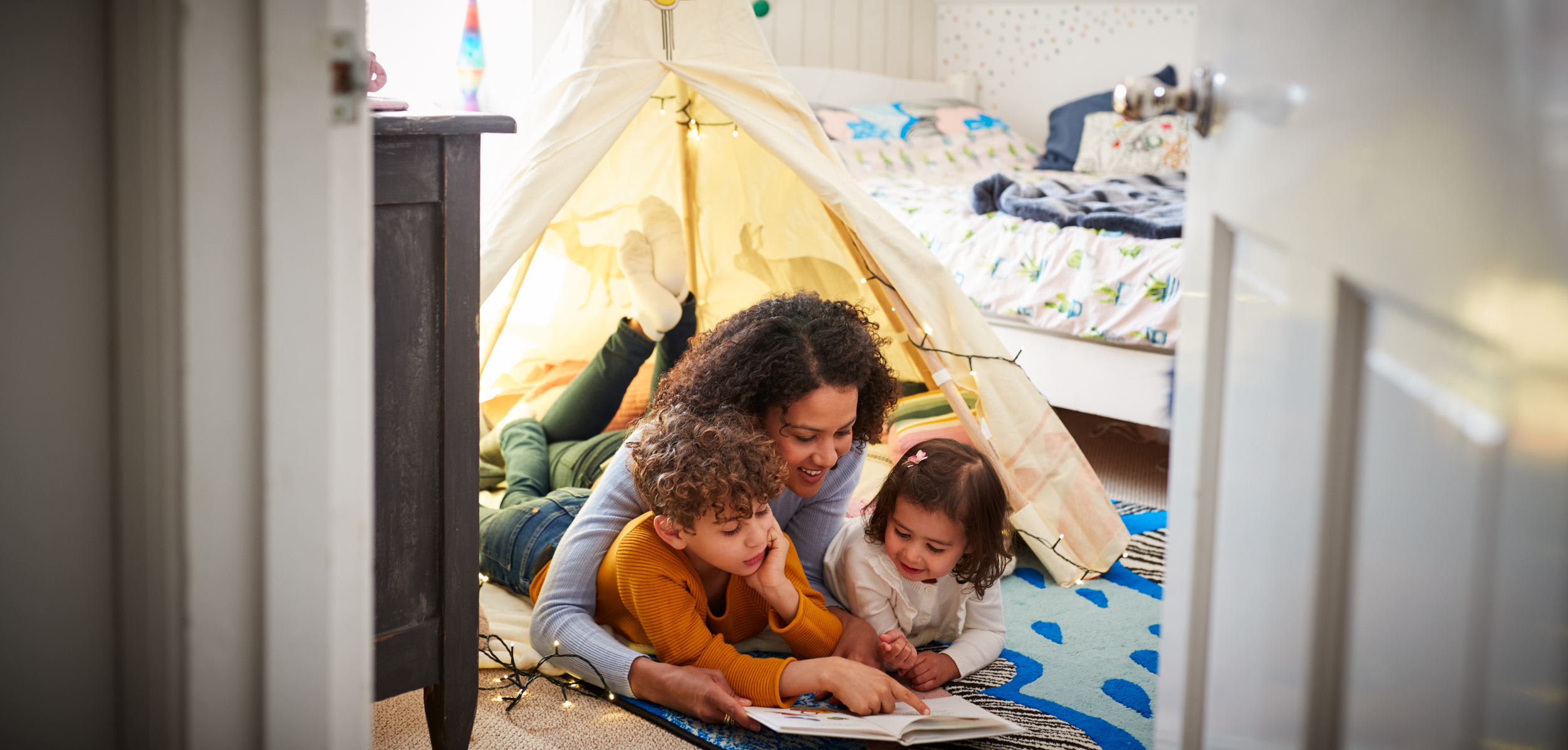My kids do well in school grade-wise, but I often hear this comment at conferences: “He/she needs to participate more in class.” I know my son worries he’ll get answers wrong, and my daughter has some stage fright, as she calls it. But participating in class discussions is so important for learning. I suggested they try a different tactic in the classroom. Instead of providing the teacher’s answers, I encouraged them to ask the questions. Not only would it keep them engaged in the lesson, but asking questions would spur their learning. Plus, they’ll get those participation points in the process. Now I tell them nearly every day that “smart kids ask questions.”
When kids ask questions, it means they’re taking an active role in their learning. Be curious, I tell my kids. Dig deeper into the material. But engaging with the learning process isn’t the only reason kids should ask questions. Here are 5 reasons kids asking questions will make them smarter.
1. Asking questions deepens understanding.
It’s good to ask questions when you don’t understand the math lesson or when something piques your interest in science. But what about other areas outside of school? I frequently catch my son reading my husband’s news magazine. There’s a lot of heady stuff in there. “What questions do you have about this cover story?” I’ll ask. This will prompt him to think more deeply about it. Similarly, if my daughter spots something troubling as we drive through the city, I’ll say, “That made me sad too. What questions do you have about it?” Training kids to ask questions teaches them to actively engage with the world around them.
2. Asking questions builds courage.
The main reason kids don’t ask questions is they think everyone already knows the answer. They don’t want to look dumb. But, as Allen Gannett, the author of The Creative Curve, points out, “Being willing to ask ‘dumb’ questions is, ironically, one of the smartest things you can do.” William Harris, the CEO of Elumynt, an ecommerce growth agency, agrees: “[T]he smartest people in the room are usually the ones asking the questions, not the ones giving the answers.” It takes guts to ask questions in a silent room! Challenge your child to listen closely during English class and come up with a question about the main character. It’ll take bravery to ask, but chances are, he’s going to learn more about the book by doing so.
3. Asking questions means having the freedom to be curious.
Science is a great subject to be curious about, but don’t forget social studies and English too. Why did some colonists think the stamp tax was OK? Did Dickens base Scrooge on a real person? Einstein once said, “The important thing is not to stop questioning.” And, according to Walt Disney, “Curiosity keeps leading us down new paths.” These guys were hugely successful! So, what’s the moral of the story? Yep. Smart kids ask questions.
4. Asking questions helps her improve more quickly.
“So, you didn’t understand the math lesson today?” I asked my daughter. “You could’ve stayed after class to ask questions, you know.” She shrugged, not meeting my eye. “I’ll find out tomorrow.” Sure, that’s a pretty good response, but had she asked a question today, she would’ve had a better understanding of tonight’s homework. It just makes sense to ask questions sooner than later. As Harvard professors Alison Wood Brooks and Leslie K. John found in their research, “[A]sking a lot of questions unlocks learning.” When a child asks questions in class, she’s engaging with the material and with quicker understanding comes less frustration and more joy.
5. Asking questions fosters relationships with others.
My daughter’s music stand partner in orchestra class is very talented. I hear about her all the time. “Veronica plays so well!” my daughter said. “I think she’s been playing for years!” I told my daughter she should ask Veronica if she takes private lessons and if she does, with whom. My daughter said Veronica intimidated her, but eventually, she got around to asking. When my daughter told me the answers, she added, “That was my longest conversation with Veronica ever. She’s so nice! She said her teacher’s taking new students now too. And she asked if I wanted to meet up at the pool this weekend!” Wow! I thought. Maybe Veronica was just shy! So many answers came from a simple conversation started with a couple questions.
Brooks and John state that asking questions “help[s] people learn from each other and become more likable” too. Now my daughter wants to take private lessons and she has a new buddy in class. Smart kids ask questions—and by doing so, they can make new friends. Lesson learned.
What other benefits are there to kids asking questions?










